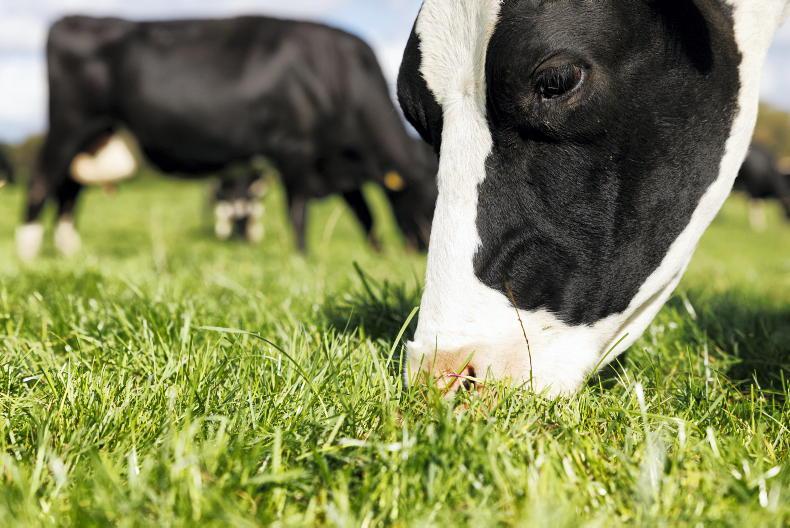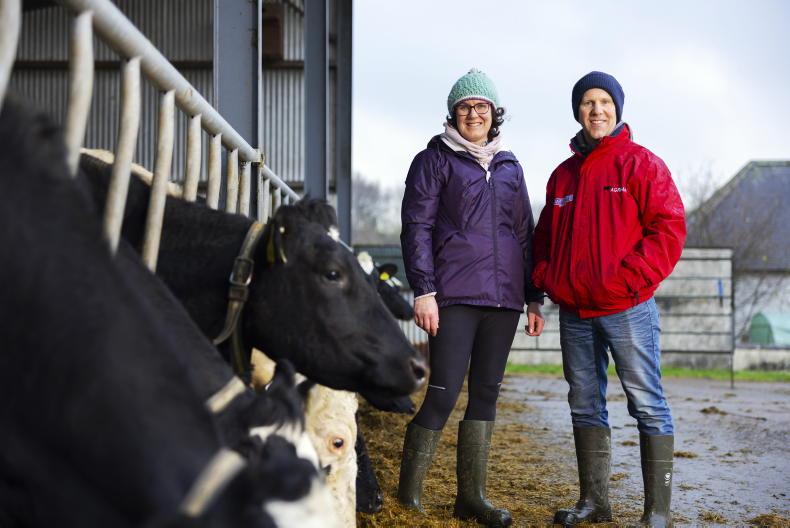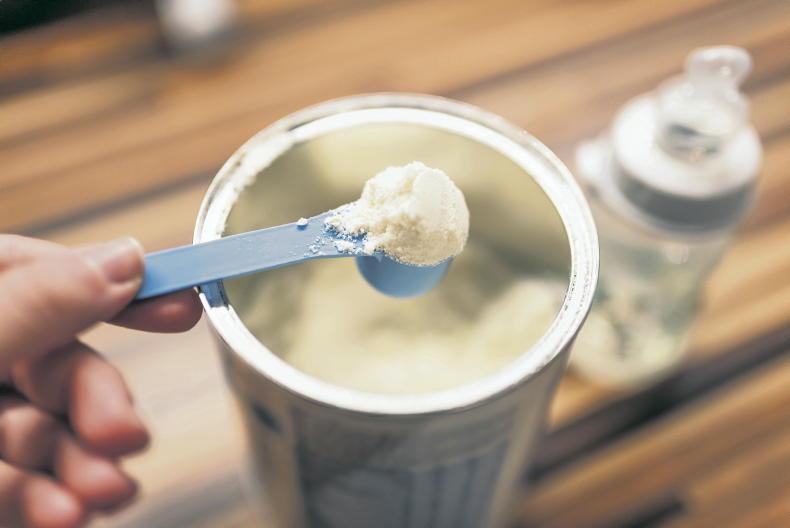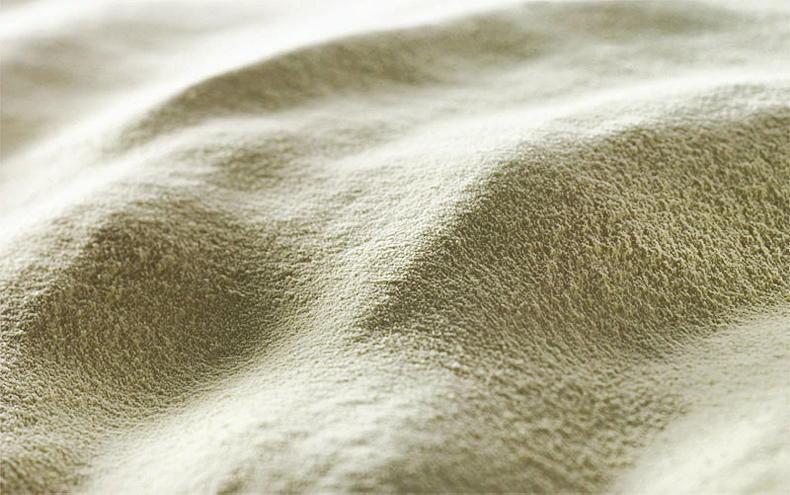Danone, one of the world's largest dairy companies, has announced a global action plan to reduce absolute methane emissions from its fresh milk supply chain by 2030 compared with 2020.
In doing this, the company expects to remove 1.2 million tonnes of carbon dioxide equivalent by 2030.
Danone reports already reducing methane emissions by 14% between 2018 and 2020.
This announcement makes Danone the first food company to set a methane reduction target and align with the global methane pledge launched at COP26.
The pledge is a collective effort to reduce global methane emissions by at least 30% by 2030 from 2020. Both Ireland and the EU have signed up to the pledge.
According to Danone, dairy production from cattle makes up an estimated 8% of total human-caused methane emissions.
Danone's action is not surprising given the challenges corporates now face from investors and increased regulation to reduce their climate and environmental footprint.
The scope for greenwashing among corporates is reducing, with credible proof of climate and environmental action required.
While Irish farming has a national target to reduce CO2 emissions, it does not have the capacity to reduce the absolute methane emissions of every litre of milk to the degree that Danone is targeting.
To what degree other large dairy companies follow suit remains to be seen. This move may, in time, challenge the competitiveness of Irish dairying and grass-based systems, as competitors have access to technology allowing them to meet methane reduction targets.
Clarity is needed as to the impact, if any, of Danone's announcement on its supply chain in Ireland.
Danone’s move begs the question whether Ireland’s emissions reduction approach for the agri sector, where all greenhouse gases are combined, is at odds with what supply chains will require.










SHARING OPTIONS